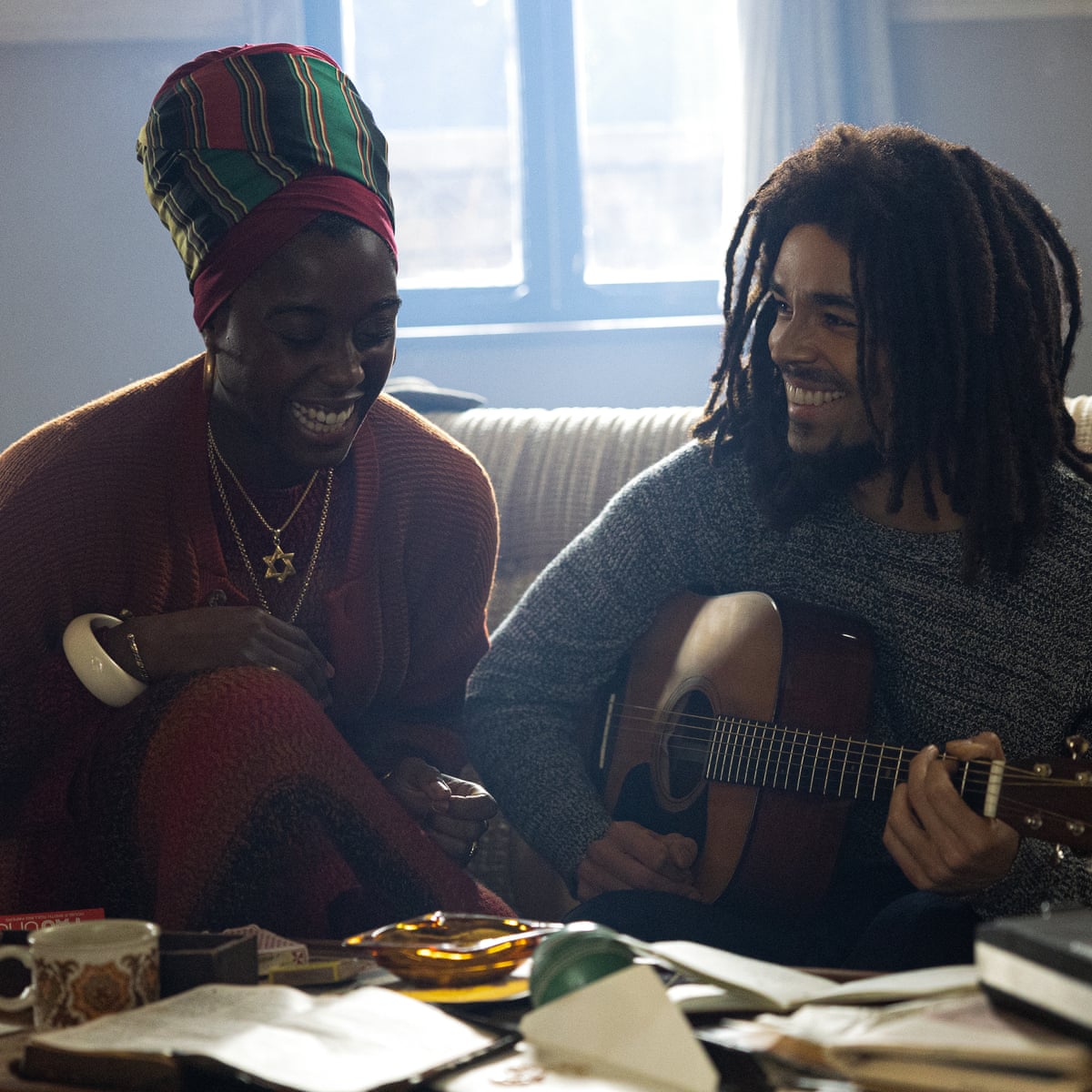"One Love" has rekindled the flame of the myth, but do you know the full story of Bob Marley? Beyond his infectious music and unparalleled voice, Marley was an icon of social justice who challenged the world with his rebellious message.
 |
| Photo: Getty Images |
Born in Nine Mile, Jamaica, in 1945, Marley experienced poverty and racial discrimination from an early age. These experiences would shape his music and activism. He embraced the Rastafari faith in the 1960s, a religious and socio-political movement that advocated for African unity and peace.
His music, infused with reggae, ska, and rocksteady, became an anthem for the oppressed around the world. Songs like "Get Up, Stand Up," "Redemption Song," and "No Woman, No Cry" challenged power structures and advocated for a more just world.
He became a symbol of resistance against apartheid in South Africa, defended the rights of indigenous people in Latin America, and fought for Jamaica's liberation from colonial rule.
His message was not without controversy. He was accused of being a communist by some governments and power groups, but his conviction never wavered. Lines in his song "Get Up, Stand Up," such as: "They have been putting us down for too long / We have been living in the dark too long"; denounce the oppression and injustice that peoples have suffered for too long.
Between life and death. Assassination attempt and exile
In 1976, his life took an unexpected turn. After a concert in Kingston, Jamaica, Marley was shot five times in an assassination attempt. He survived the attack, but the incident forced him into exile in the Bahamas.
The shooting remains a controversial topic to this day. The motives for the attack were never fully clarified, nor were all those responsible identified. Some theories suggest that it was a political assassination attempt, while others attribute it to a personal vendetta.
His political views and lifestyle often put him at odds with the authorities. However, he did not give up. He returned to Jamaica in 1978 to give a peace concert, a message that resonated in a country marked by political violence.
How did Bob Marley die?
In 1981, an invisible enemy began to haunt Marley. Skin cancer, for which he underwent a skin scraping, specifically on the big toe, and despite this treatment being considered successful, it lasted a short time. Despite his illness, Marley continued to tour and record music until the end.
On May 11, 1981, Marley was admitted to the University of Miami Hospital. His condition was critical, but he refused to give up. Even in his last days, he continued to write songs and record music.
On May 13, 1981, at the age of 36, he passed away. The world lost an icon, but his legacy lives on in his music, in the social struggles he inspired.
One Love, Bob Marley movie
 |
| Bob Marley: One Love review – reverential biopic of reggae. Photo: The Guardian |
The movie "One Love" is an intimate portrait of Bob Marley's life and work. Through archival footage, interviews, and re-enactments, the film immerses us in the social and political context of Jamaica at the time: a country marked by violence, poverty, and racial inequality.
In this context, Marley emerges as a powerful voice for peace, love, and social justice. The film also explores Marley's personal struggles: his forced exile from Jamaica, his battle with cancer, and the complexities of his family life.
"One Love" is a must-see film for any Bob Marley fan. It is also a film that will move and inspire you, no matter your musical interests.
Inspiration for the world
Bob Marley's music saved my life. I grew up in a marginal neighborhood, surrounded by violence and poverty. Marley's songs gave me hope and inspired me to fight for a better world. His lyrics spoke to me about peace, love, and justice, values that I had never known before. Thanks to Marley, I became a human rights activist and I work day by day to build a more just world for everyone.
Bob Marley was not just a singer, he was a prophet. His music had a unique power to unite people and convey a message of peace and love. When I listen to his songs, I feel a special energy that fills me with hope and motivates me to keep moving forward. Marley was an inspiration to me and many other Rastafari musicians. His legacy lives on in our music and our way of life.
I discovered Bob Marley's music when I was a teenager and fell in love instantly. His voice was so powerful and his lyrics so deep that they moved me to my soul. Marley's music helped me overcome difficult times in my life and taught me to see the world with different eyes. Thanks to Marley, I became a more tolerant and understanding person. His music continues to be a source of inspiration for me and millions of people around the world.

0 Comments